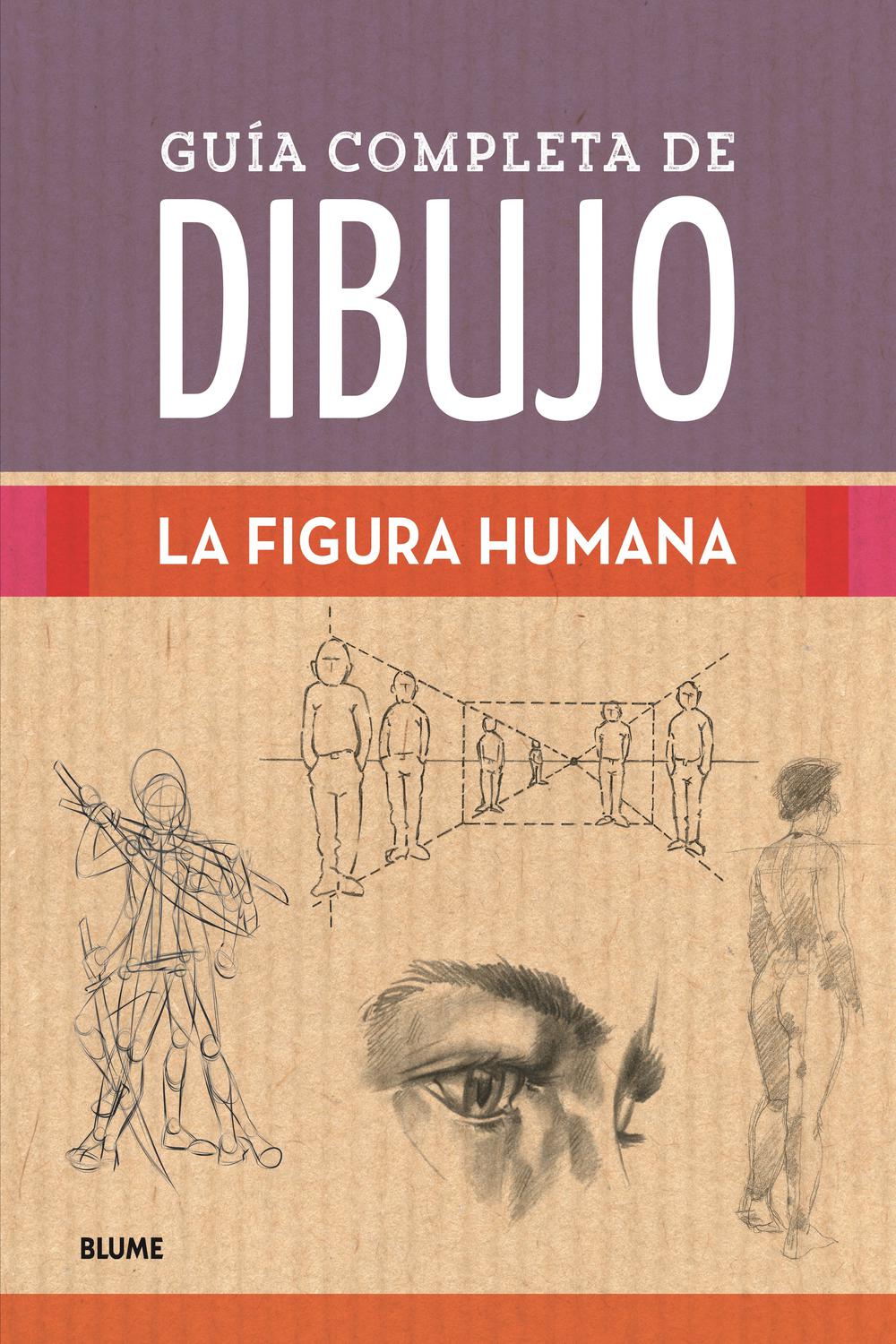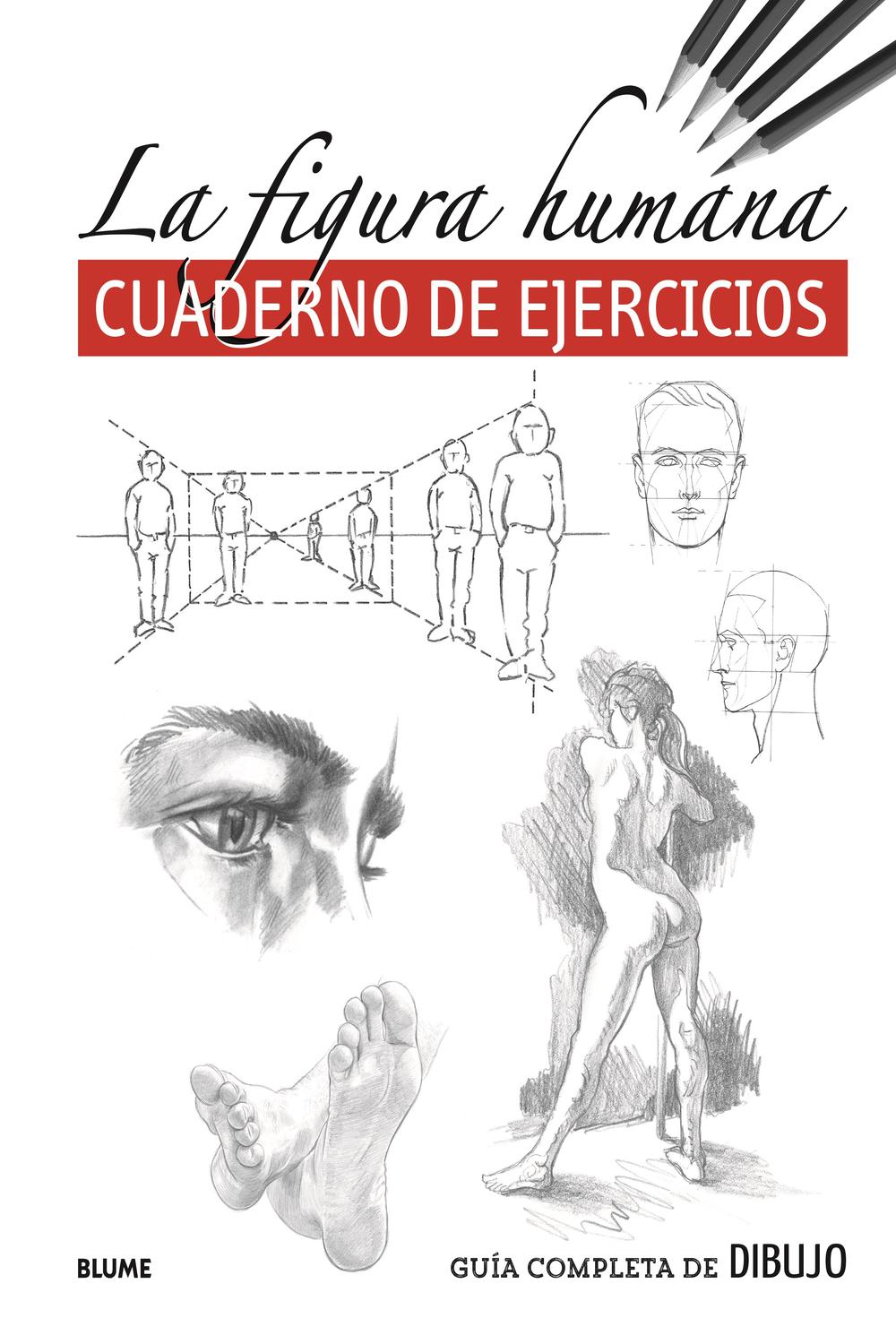Introduction The Spanish Report on the evaluation of existing legislation with regard to Female Genital Mutilation (FGM) is the result of a research project supported by the European Commision Daphne Programme. The project Evaluating the impact of existing legislation in Europe with regard to female genital mutilation, has been coordinated by the International Centre for Reproductive Health of Ghent University (Belgium) from january 2003 to march 2004. The project included as partners the Foundation for Women’s Health, Research and Development (FORWARD, United Kingdom); Lund University (Sweden); Commission pour l'Abolition des Mutilations Sexuelles, (CAMS, France), the Centre of Studies on Citizenship, Migration and Minorities of the University of Valencia (GECIM, Spain), and the above mentioned ICRH (Ghent University, Belgium) . The Spanish report is an interdisciplinary research done by the Centre of Studies on Citizenship, Migration and Minorities (University of València), directed by professor Javier De Lucas, and which counts with researchers and collaborators both, from the University of Valencia and other Universities such as University of Barcelona and University Rovira i Virgili of Tarragona; in the fields of Law (Penal Law, Constitutional Law, Theory and Philosophy of Law), Sociology and Antropology. The Group of researchers includes as well lawyers and public prosecutors. Practice of Female Genital Mutilation in Spain, like other european countries, address this rite that is introduced by immigrants from countries where the practice is prevalent (as we may see in chapter 3), as a violation of women’s rights and consider that such violation cannot be justified by respect of cultural traditions or initiation ceremonies. The increasing of immigration in Spain, has been a fact in last years, and it would be an important issue in future, increasing too the number of girls at risk in our country. In Spain, since october 2003, we have anew specific legislation, but before Female Genital Mutilation was liable too under the general offence of injuries in the Penal Code. In this Report, like in the other of the project, we have examined the possibilities and difficulties in the implementation of the spanish national legislation, in order to recommend a legislative and political strategy through Europe. The research methodology, common to all reports, was designed by the ICRH in its cooordination task, but was as well discussed by all the partners along the six steering commitee meetings we have had. The structure and content of report reflects the answers to following questions: 1. What is the legislation with regard to FGM in your country? Description of the legislation.; 2. What is the number of published court cases/suspected cases related to FGM in your country? What is the number of “hearsay” cases?; 3. Brief description of the practising community and the corresponding jurisdiction: number of Africans per country in the geographic area where the cases that you describe are located; 4. What is the procedure to be followed in case of a legal intervention to prevent or to penalise the performance of FGM?; 5. Is legislation applicable on FGM being implemented?; 6.What are the obstructing (favouring) factors for the implementation of legislation applicable to FGM? First of all we have compiled information about legislation applied with regard to FGM: not only general or specific criminal law, (in the case of Spain both because we have a change of law since october 2003), but also child protection procedures. In chapter 1, you may find the result: a Constitutional analysis, changes in Criminal Law, ans an introduction to Minor protection Laws. The second issue was the knowledge of court cases, police and judicial investigation in order to study how justice works. In this part, we contact key-informants, review archival records and study other reports: usually sociological, anthropological and health reports. In chapter 2 we have selected and summarized seven court cases in which we hace found enough relevant information to other parts of the report. At the same time, we need to identify the practicing communities to estimate the prevalence of women with FGM and the number of girls at risk of FGM. This was interesting not only to limit the research but to focus on a territory where there was a probability of cases in Court. We have choosen Catalonia: a community with court cases (in Barcelona and Girona) and prevalence of FGM; and Valencia, a territory without known cases and with no prevalence of FGM. This analysis is shown in chapter 3. In order to detect factors that hamper the implementation of existing legisaltion we need to know how procedures works at different levels: health services, social assistance, police, prosecution office and courts. Examining procedure laws, referral procedures, guidelines or ruled practices was not enough. We had to know what happen, who know a case, which institution examine it, which real mens they have.... To complete this, we have performe a study, interviewing key-informants with an standard interview: police, prosecutors, judges, doctors, nurses, social assistants and immigrants. Interviews were fulfilled in Valencia, Tarragona, Barcelona and Girona. Results are in Chapter 4 (procedure followed); Chapter 5 (implementation of appllicable legislation) and Chapter 6 (obstructing and favouring factors for the implementation of legislation). We had three main meetings to design the research and discuss texts and provissional results. Some of conclusions of provissional spanish report were discused in two seminars: “Ciudadania europea y conflictos culturales”, [european citizenship and cultural conflicts] (Valencia, 29, 30 and 31 october 2003); and “Violencia de género: instrumentos jurídicos en la lucha contra la discriminación de las mujeres”[Gender violence: legal instruments fighting agains women discrimination] (Valencia, 26, 27 and 28 november 2003) The study was financed by the European Commission, Daphne programme, and ran from January 2003 to March 2004 (EC-CONTRACT no 02/058/WYC). In additon, in the period we have done this study, the Centre of Studies on Citizenship, Migration and Minorities was financed with other projects related: “Indicadores y medidas para el desarrollo de políticas públicas de integración social de los inmigrantes y la garantía de sus derechos en la Comunidad Valenciana”, [indicators and measures to develop public policies for social integration of immigrants and the protection of their fundamental rights in the Land of Valencia], Project I+D “Generalitat Valenciana”; 2002-2003; "Los derechos fundamentales en las sociedades multiculturales" [fundamental rights in multicultural societies], project I+D, Subdirección General de Proyectos de Investigación, Dirección General de Investigación, Ministerio de Ciencia y Tecnología, november 2002-october 2005; “Los derechos de participación como elemento de integración de los inmigrantes” [participation rights as a element of the integration of immigrants], II Convocatoria de Ayudas a la Investigación en Economía, Demografía y Estudios de Población y Estudios Europeos de la Fundacion BBVA; 2004-2005. We wish to thank all who have collaborated in this study, specially we remark the collaboration and contributions of Elena Gascón Sorribas (Sociology of Law Laboratory; University of Zaragoza); María Heras García (Public Prosecutor); Dolores Gisbert Millet (Doctor, Health Service, Valencia); Ignacio de Lucas (Public Prosecutor); Laura Matilla (Lawyer, city council of Cullera); Joan Mayoral Simón (Justice Evaluating the impact of existing legislation with regard to Female Genital Mutilation..Spanish National Report. Daphne Programme Department, Regional Government of Catalonia); Xavier Montagud (Social Services, Regional Government of Valencia); and Dolores Sabater Collado (Court Secretary). With the results of the five National Report analysis and the information about legislation in all European Union member States, the coordinators, Els Leye and Jessika Deblonde, have elaborated A comparative analysis of the different legal approaches in the 15 EU Member States, and the respective judicial outcomes in Belgium, France, Spain, Sweden and the United Kingdom (ICRH, 2004). Javier De Lucas Centre of Studies on Citizenship, Migration and Minorities (University of València) http://www.uv.es/immigracio




































